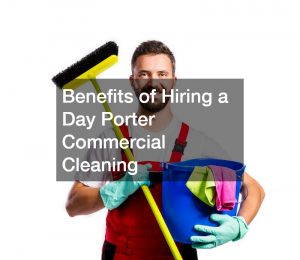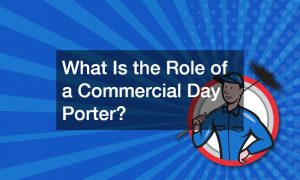

Many commercial buildings rely on fire sprinkler systems to protect their spaces when a blaze ignites. As an active measure of fire protection, sprinkler systems use a distribution of pressurized water to douse the flames. Sprinkler systems are incredibly common across the globe, but there are some misconceptions about them that people still tend to believe about the way they operate and how effective they can be. Here are the most common myths about fire sprinkler systems.
- Myth: Water damage from a sprinkler system will be more extensive than fire damage.
Truth: Water damage can be an issue, however, sprinklers will cause much less damage than a firefighter hose line. Sprinkler systems are designed to act fast and treat a fire before the fire department even gets there. If the fire continues to spread while you wait for the fire department, the smoke and flames will tear through a space and cause irreparable damage.
Sprinklers are activated by heat and will help to put out the fire quickly and efficiently. They release much less water than firehoses but are still very effective. They release eight to 24 gallons of water versus the 50 to 125 from a firehose. - Myth: When a fire occurs, every sprinkler in the building is engaged.
Truth: Sprinkler heads are activated individually. It is the heat from the fire that initiates fire sprinkler systems, so they will only activate if the fire is nearby (and in that case, they will be needed). Research has shown that sprinkler heads are rarely ever activated by accident. - Myth: A smoke detector is all you need for a fire protection system.
Truth: Although commercial fire alarms are great for notifying people of a fire, they cannot do anything to put out the flames. You need a method of extinguishing the fire in addition to an alarm or smoke detector. For the utmost in safety, you need both an alarm system and a sprinkler system. - Myth: Adding sprinklers will greatly increase construction costs.
Truth: A sprinkler system only will increase the cost by an average of one to two percent. Think of it in terms of an investment: you will be paying a lot more money in repairs if a fire ever does strike. Aside from saving money in the future, fire protection systems save lives. You cannot put a price on that.
Commercial fire protection is imperative to the safety of your business. Forget what you’ve heard about sprinkler systems, get to know the facts, and consider installing one today.





